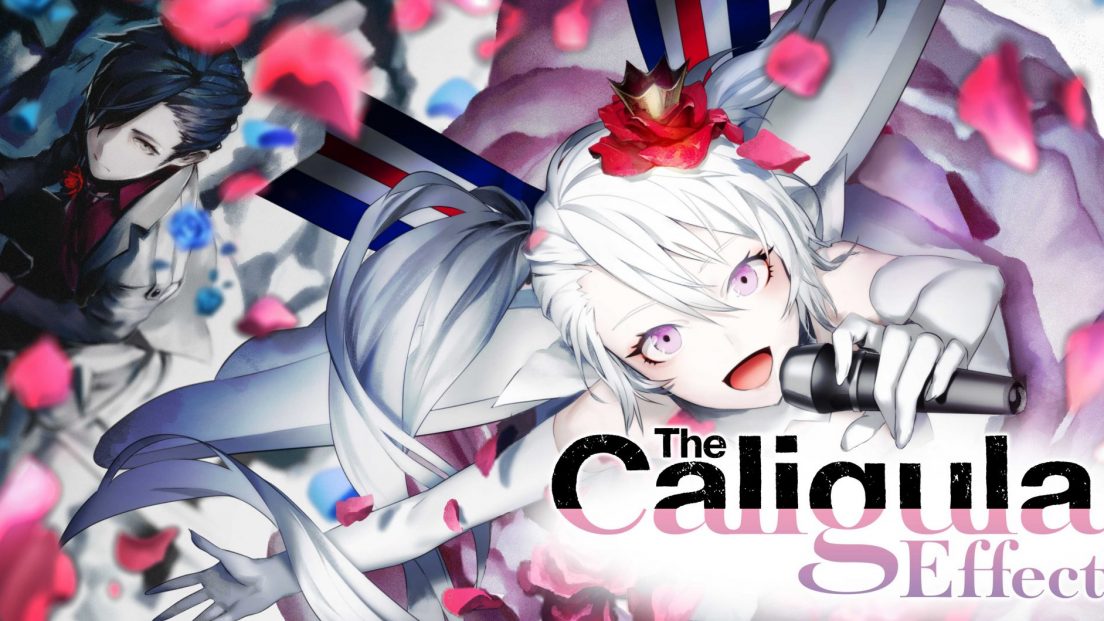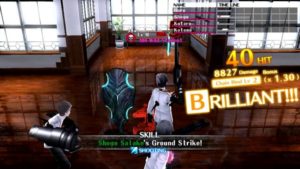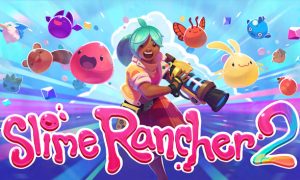The Caligula Effect is one of the numerous specialty RPGs that have been discharged for the PS Vita. A large portion of these games typically wind up giving an average encounter generally speaking so shouldn’t something be said about The Caligula Effect? The Caligula Effect is another endeavor to pursue the accomplishment of Persona and keeping in mind that it attempts it best to isolate itself from comparative games in type, it lamentably experiences a few issues that regularly bring about an encounter that is below average.
The game beginnings with a secondary school introduction where everything appears to be ordinary until one day when the principle hero begins to see the broke genuine world and understands that the world he considered genuine so far is really a recreated computer generated simulation. This computer generated experience program is called ‘Mobius’ and it is used to let individuals get away from the torment in their reality while expecting the job of a secondary school understudy. Notwithstanding that, he before long finds that there are others like him in this world who can likewise observe reality with regards to computer generated reality and together they structure a gathering to get away from it.
The Caligula Effect was also written by one of the ex-Persona writer so naturally going into the game, I had high expectations when it comes to the story. Unfortunately, the game just feels barebone when it comes to presentation and the writing doesn’t really help in that matter. The intro is a confusing mess where it often feels like the game is being obtuse for no reason. Thankfully things begin to pick up slowly as we progress further in the game but even then, the story doesn’t really present any good twist or motivation for the player so that they keep playing the game.
The game’s story is divided into chapters where each chapter features a new dungeon and culminates with a boss battle that is usually an important character to the main party. This gives the developer an opportunity to offer some character development in the game, and it is handled well for the most part. However the game does suffer from the typical anime cliches at times especially when you consider the fact that the main antagonist is a virtual pop idol who goes by the nickname “μ”.
The main theme of the story revolves around dealing with the insecurities and failure of the characters, due to which they decided to settle on their virtual life despite knowing that it is not real. It is an interesting theme but the way the story is executed in the game is rather bland. The motivations of the character feel like they are not worth the reason for which they have decided to settle on a virtual life although it might vary from person to person.
The combat in The Caligula Effect presents a unique take on the typical real-time turn-based combat seen in other JRPGs. It offers the players a chance to analyze the attacks that they can execute as well as the action of their enemies and then determine the best possible outcome from them. You can also try to tweak the timing of your action in order to deal the most amount of damage to the enemy, but as cool as it sounds, the lack of enemy variety along with the lack of challenge makes the game far too easy at times. Still, when the combat does click together, it is great feeling to form a string of chain combos on the enemy.
Of course the combat is not the only aspect in The Caligula Effect. You can also form bonds with other characters in the game and don’t take this aspect lightly, because there are hundreds of NPCs that can be linked in the game. While the number might sound amazing, most of these are just generic NPCs which don’t offer much in term of character progression but building a bond with them does unlock new skills that can be used in the combat. This mechanic is called the causality link and it is presented in the game in the form of a grid featuring a set of nodes with each of the character that you can form a bond. Some of these are linked to other characters who might be their friend/acquaintance and getting to know them will unlock new NPCs on the grid.
While The Caligula Effect doesn’t offer any interesting visuals, the art style is rather nice. The character designs fit their high school persona well. Unfortunately the game appears to be too ambitious for Vita especially during the combat when the frame rate can tank. This can lead to some frustrating slowdowns during the combat which can take the fun out of it. In term of replay value, the game can take a little over 20 hours to complete the first time which is decent for a RPG of this size. You can attempt to replay it in order to achieve 100% progress since it will take a while to complete everything in the game.












